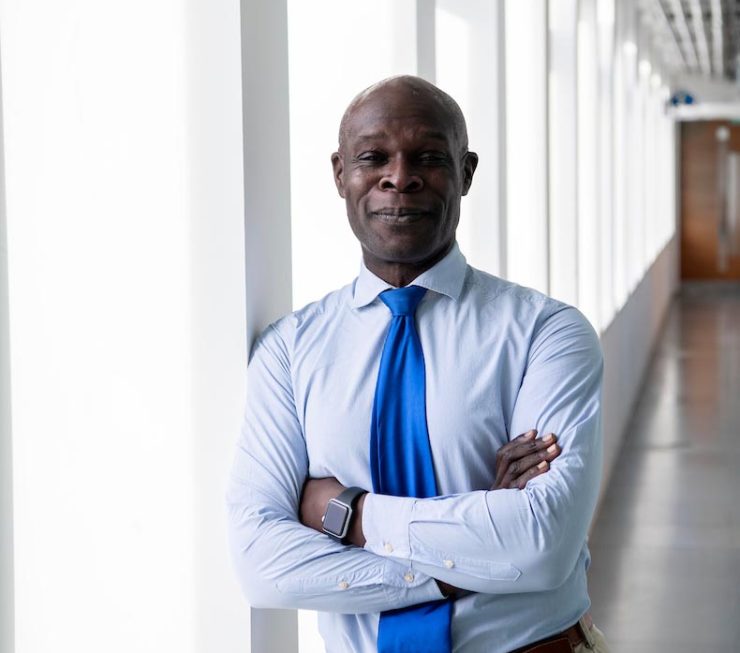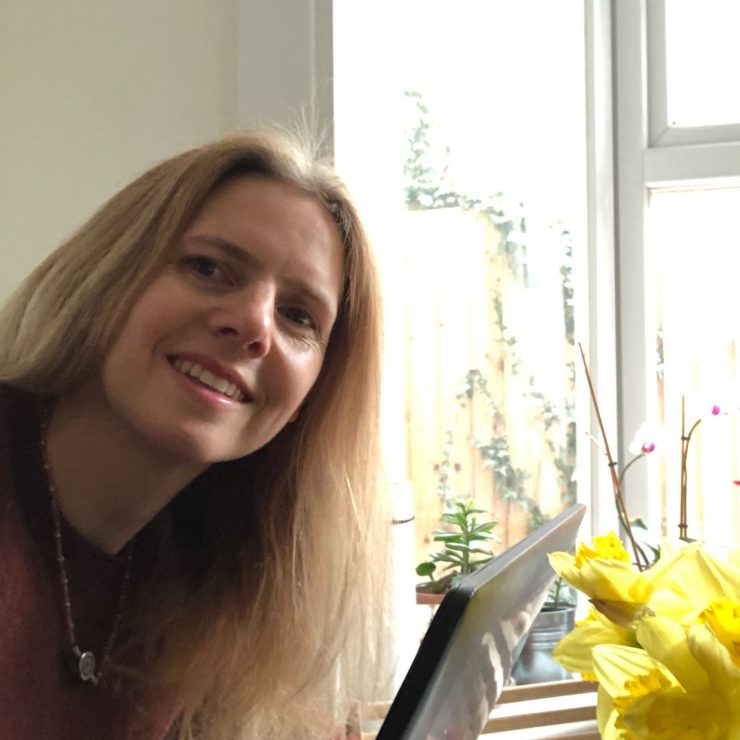How did you choose your subject?
I have spent most of my life in industry. Having started in the Royal Navy and then through a range of consultancy roles I have been lucky enough to experience a variety of diverse types of engineering and ways of getting things done. This journey has impressed upon me the merits of not only being technically competent, but:
- Having the vision and creativity to establish what needs to be done; and
- The implementation skills, competencies and behaviours to have the best chance of actually achieving the end.
What are you most proud of in your career?
I worked for London Underground in a variety of consultancy roles over several years. On the rare occasions these days that I travel on the London Underground, I have a spark of pride when an S Stock train comes into view having spent 3 years as part of the team that bought it into service.
Continue reading “Meet Dr Cliff Dansoh”









